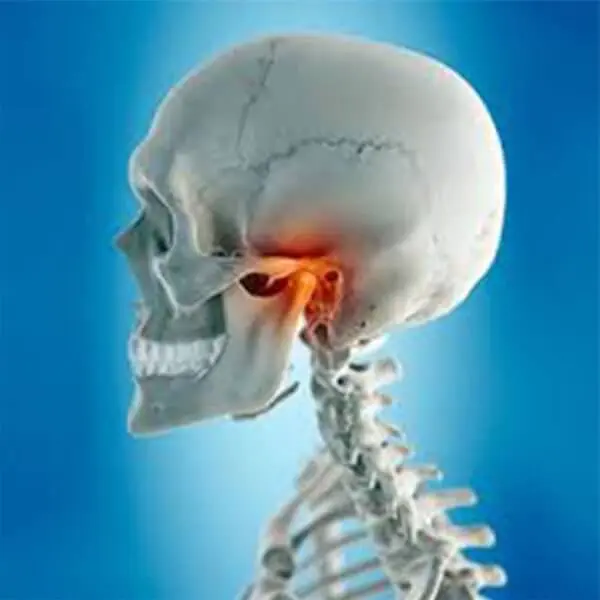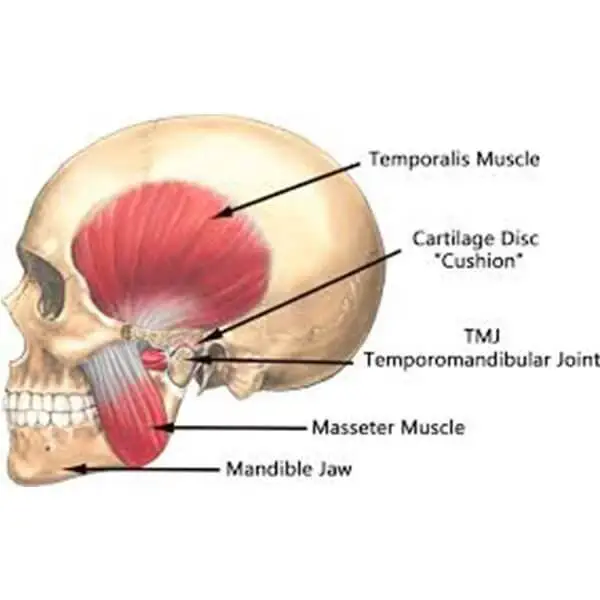When functional dental concerns – such as keeping teeth, controlling serious oral disease and treating trauma related damage, oral surgeons are the appropriate dental specialists to seek a consultation.
When you hear the words “oral surgery” , you may think of a hospital setting, general anesthesia, and a couple days in recovery from this type of dental procedure but that’s not the case.
Many dental procedures performed in a general dental office are considered oral surgery and patients who require such procedures are booked for it without the inconvenience of being put on a waiting list in a different office for treatment.
Here are some examples of oral surgery procedures:
- Wisdom tooth removal
Tooth extractions are possibly the most common procedure that oral surgeons perform. Patients are often referred to these specialists when wisdom teeth are impacted. Minor surgery is usually required to remove impacted wisdom teeth.
- Corrective Jaw
This is sometimes needed to correct a misaligned bite. In this procedure, usually performed under general anesthesia, the bones of the face and jaw may be reshaped and repositioned, and the jaws and teeth realigned.


Oral surgeons often work closely with orthodontists in planning and carrying out this type of surgery, which may be needed when orthodontics alone can’t correct the problem.
- Dental Implants
This is becoming a common procedure to replace missing teeth or to provide stability to a new or existing denture. The procedure for placing a dental implant may vary depending on the technique used by the dentist or surgeon, and by the type of implant used.
- Alleviating facial pain
An oral surgeon can diagnose and treat facial pain disorders including those caused by temporomandibular joint (TMJ) problems. Your oral surgeon can order imaging studies of the joints and if required call for a surgery.
- Maxillo facial surgery
Oral surgeons can correct jaw, facial bone and facial soft tissue problems which result from trauma using bone and tissues from other parts of the body to reconstruct the jaws and face.
Dental research has successfully limited or eliminated the use of all patient discomfort devices associated with dentistry -the drill, the blade and the injection
- Eliminating the drill: Laser machines have replaced the drills for fillings, root canals & surgery.
- Eliminating the blade: The painless clean way to all surgical treatments with a diode laser
- Eliminating the injection: Computer Controlled dosage and micro fine needles that eliminate the pain of regular injections.
